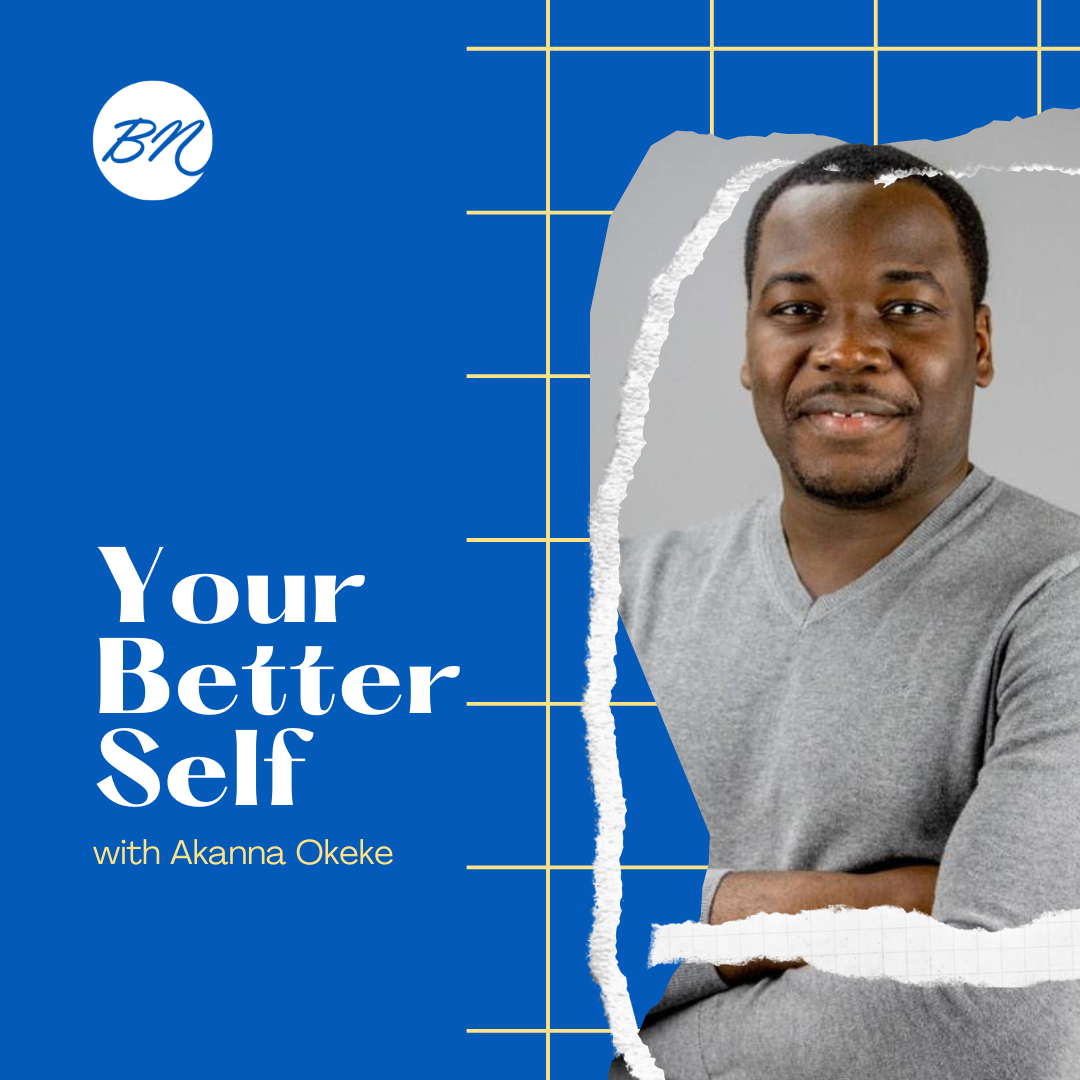Features
Your Better Self with Akanna: Why You Should Never Outsource The Running of Your Life to Experts

The past two years have precipitated the rise of the experts, especially in the biomedical field. World leaders have given up the day-to-day running of their countries to the dictates of these ‘experts’, as though their scientific backgrounds also qualifies them to run countries and economies.
Like us, these commanders-in-chief forget that the reason they were put in charge is to be able to make the final decisions that will impact the lives of their citizens positively, and not to leave the decision-making up to unelected pundits.
We too are commanders-in-chief of our own lives. We are in charge of making decisions that will impact our lives, and are expected to take responsibility for the outcome. And, while there’s always wisdom in a multitude of counsel, we should only allow counselors offer us their advice while we decide what to do with it all. The decision-making should always come down to us, never to be outsourced to anyone else.
It sure is tempting to outsource the running of your everyday life to someone else, more so experts. That way, you don’t have to take responsibility for the outcome. The experts are usually successful in their fields, after all, so you can rest assured that only positive outcomes would result if they run your life for you.
Well, to discourage you from falling into that temptation this new year, here are seven bold predictions made by experts in different fields that failed woefully. Turns out the experts don’t always know what they’re talking about.
“Mobile phones will absolutely never replace the wired telephone” — Martin Cooper in 1981.
He is considered the “father of the mobile phone” and was the first person in human history to ever make a phone call with a hand-held cellular phone in 1973.
Who still keeps a landline today?
“I don’t know, there just aren’t that many videos I’d want to watch” — Steve Chen, founder of YouTube, in 2005.
Imagine how the investors who listened to him must have felt after YouTube blew up.
“There is not the slightest indication that nuclear energy will ever be obtainable. That would mean that the atom would have to be shattered at will” — The great Albert Einstein in 1932.
As much as 12% of the world’s electricity is now provided by nuclear power.
“Nobody will ever need more than 640 kilobytes of memory in a computer” — Bill Gates, 1981.
How many GIGABYTES of memory do you have on your current computer?
“There’s no reason anyone would want a computer in their home” — Ken Olsen, founder of Digital Equipment Corporation (DEC Computers), in 1977.
Home computers became common during the 1980s by the way.
“There’s no chance of the iPhone ever gaining significant market share” — Steve Balmer, CEO Microsoft, in 2007.
I wonder what phone he uses today. It’d be funny if it were an iPhone.
“The internet will fade away because most people have nothing to say to each other. It will become clear that the internet’s impact on the economy has been no greater than the fax machine’s” — Paul Krugman (popular American Economist) in 1981.
What a hilarious quote to end with. I’m sure he uses the internet to submit his many articles that he now writes for the New York Times.
It’s important for us this year to remember that the experts can be wrong. And as world events evolve, not to be tempted to leave our life decisions up to the whims of so-called experts. We should seek wise counsel. We should surround ourselves with smart, wise and successful people, but we must never let anyone else run our lives for us. We must not trade that freedom and responsibility for a false sense of security.
Here’s wishing you a very sensible 2022. Happy New Year!





















